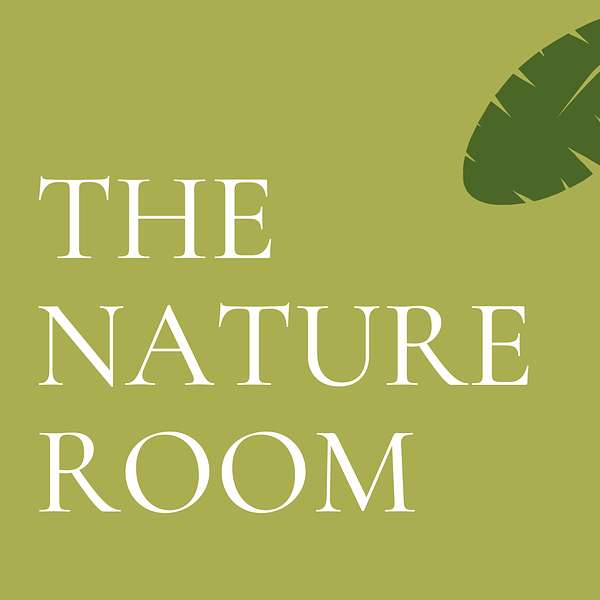
The Nature Room
The Nature Room
Pilot Episode - World Curlew Day 2020
The first episode of All Things Green, looking at the state of the world's eight curlew species on World Curlew Day.
[inaudible]
Speaker 2:Today is April the 21st which means we have reached both the 94th birthday of Her Royal Highness Queen Elizabeth, the second and the third annual world Curlew day. It is an appropriate time for a day dedicated to the world curlews as many are moving to their summer breeding grounds and treating the residents of Northern England to their extraordinary, and some might say quite spooky, cools
Speaker 3:[inaudible]
Speaker 2:the sound of the curly, which is thought to have inspired. The name has also inspired poets throughout history, not just because of its airy tone, but also the evocative estery settings where curlies are usually found. The poet Dylan Thomas and composer Benjamin Britten are amongst a number of creative figures that have lifted their pen to muse on the call of the curly, but their influence in British culture goes back much further to at least the 10th century when one of the country's earliest recorded poems tells of a Seafarer lamenting, hearing the sound of the curly instead of the laughter of men during a long voyage at sea. There is a story which goes back even further to the time of the seventh century. Welsh monasteries. According to legend, an Abbott by the name of Saint Beno dropped his prayer book into the water off the West coast and witnessed a curly scooping it up into his bill and returning the book to his boat. The Abbott Venn declared that all curly should be protected, which is of course the reason why their nest can be hard to find. This brings us back to wine today of all days on as the Curlew as the 21st of April is also st[inaudible] feast day. The Eurasian curfew belongs to a genus consisting of eight large wading birds that have a widespread distribution and includes the little curly, the long build curl you and far Eastern Curlew, which is the largest migratory bird in the world. Eskimo Curlew was once one of the most numerous shul birds in North America, but a mixture of over hunting, habitat degradation and the extinction of important prey species reduce the numbers dramatically mating hundreds at one point as many as 2 million birds were being killed for their meat and feathers every year. There have now been no confirmed sightings since the 1960s so although the species is listed as critically endangered, it is widely assumed to have gone extinct. There is more hope for this lender build curly species believed by some ornithologists to be extinct, but with one verified citing back in 2004 today, the international union for the conservation of nature has the species listed as critically endangered, meaning as few as 50 individuals remain, but the actual numbers are unknown. Happily, the region currently still has around 66,000 breeding pairs in the United Kingdom and an estimated 425 to 584,000 mature individuals worldwide. They used to be many more of these birds on our shoreline here in Britain. But whilst in the past, curlies were a key ingredient in some Cornish pies and were available from some butchers as late as 1942 today, the depletion of their habitats is one of a few modern threats. They've brought about a dramatic decline in the number of these birds since 1950s and a 30% population crash in the last 10 years. World Curlew day has been established to raise awareness of the trouble still faced by curly species around the world. Today, it seems appropriate that our first episode should Mark this important day by playing out with the birds famous eerie. Cool. So for the time being, it's just up to me to wish you a very happy world Curlew day and listen out for this call. Next time we get the chance to visit the nurse.
Speaker 3:[inaudible][inaudible][inaudible]
Speaker 1:[inaudible]
Speaker 3:[inaudible][inaudible]
Speaker 1:[inaudible].